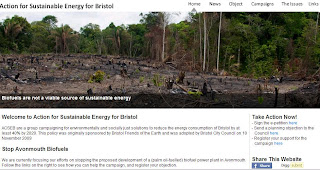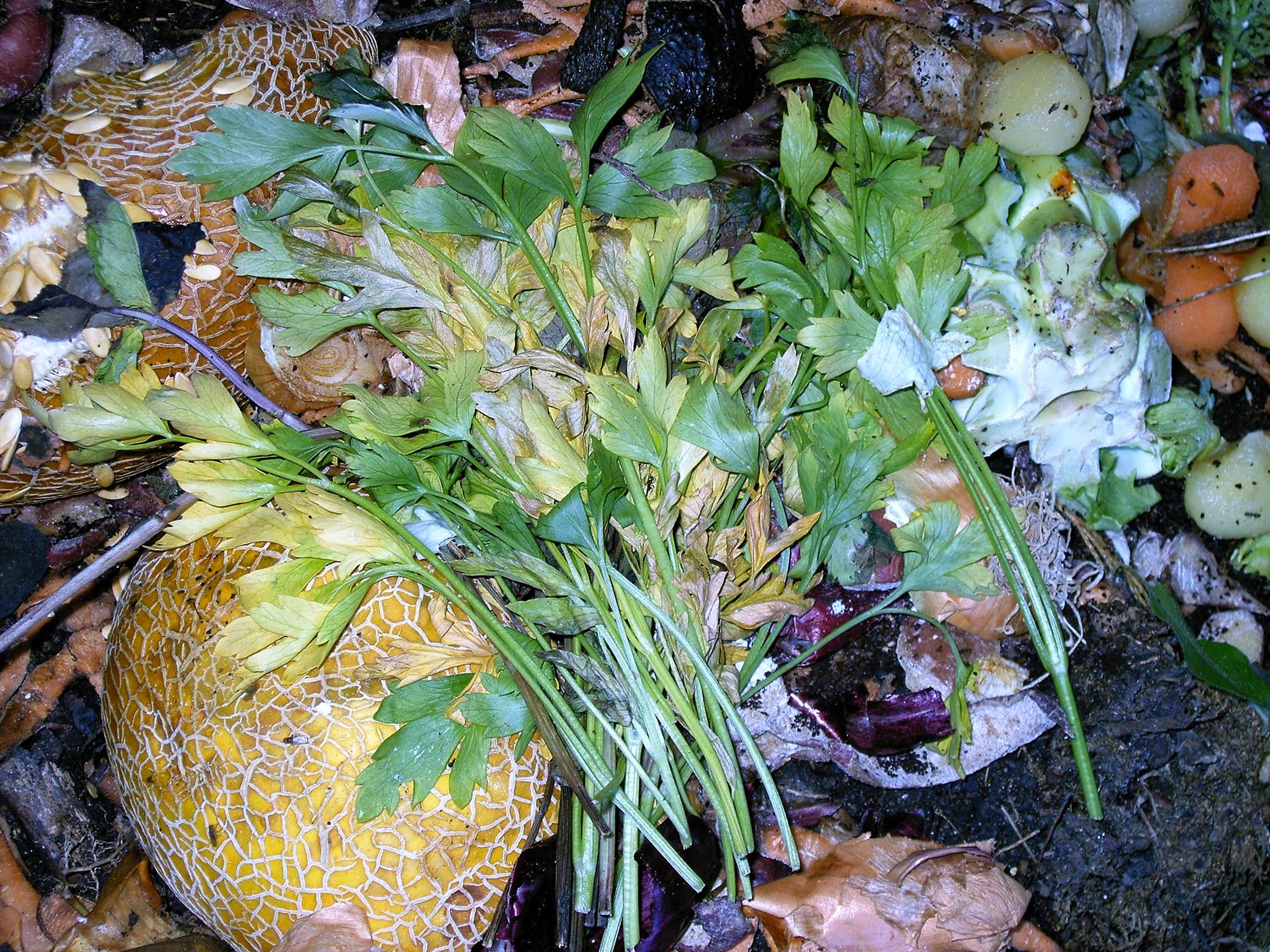 A SOLAR and pedal-powered party takes place at Bristol's Create Centre on Saturday.
A SOLAR and pedal-powered party takes place at Bristol's Create Centre on Saturday.The theme of the 'Saturday Sun-day' party is low-carbon living, and there will be a whole host of free hands-on activities, workshops and demos to get people thinking about greener living and help them to 'reduce the use'.
Bristol City Council leader, Councillor Barbara Janke, said: "To make sure we meet our ambitions to be the UK's Green Capital, we need to inspire Bristol people in their communities to make changes to the way they live their lives.
"I hope the event will help people to understand more and find creative ways of signing up to a greener lifestyle."
Children can crawl inside an enormous inflatable 'Explorer Dome' to find out all about earth. They'll also have the chance to make a solar-powered boat, create a recycled mural, and decorate their bikes with the help of local artists, ready for September's Bristol Cycle Carnival.
Story sessions and craft activities will be run throughout the day in Create's brand new library space.
Bristol City Football Club will be supporting the event and sending along a player to sign autographs and take part in some footie fun in the afternoon.
Bite-sized eco-home workshops will offer practical advice on insulating your home, choosing renewable energy and monitoring energy use.
There will also be live music and food and drink.
The Saturday Sun-day is from 10am to 5pm at Create, Smeaton Road, Spike Island, Bristol. Entry is free. To find out more, visit www.createbristol.org.
Bristol City Council leader, Councillor Barbara Janke, said: "To make sure we meet our ambitions to be the UK's Green Capital, we need to inspire Bristol people in their communities to make changes to the way they live their lives.
"I hope the event will help people to understand more and find creative ways of signing up to a greener lifestyle."
Children can crawl inside an enormous inflatable 'Explorer Dome' to find out all about earth. They'll also have the chance to make a solar-powered boat, create a recycled mural, and decorate their bikes with the help of local artists, ready for September's Bristol Cycle Carnival.
Story sessions and craft activities will be run throughout the day in Create's brand new library space.
Bristol City Football Club will be supporting the event and sending along a player to sign autographs and take part in some footie fun in the afternoon.
Bite-sized eco-home workshops will offer practical advice on insulating your home, choosing renewable energy and monitoring energy use.
There will also be live music and food and drink.
The Saturday Sun-day is from 10am to 5pm at Create, Smeaton Road, Spike Island, Bristol. Entry is free. To find out more, visit www.createbristol.org.




 Ben Bradshaw MP
Ben Bradshaw MP

